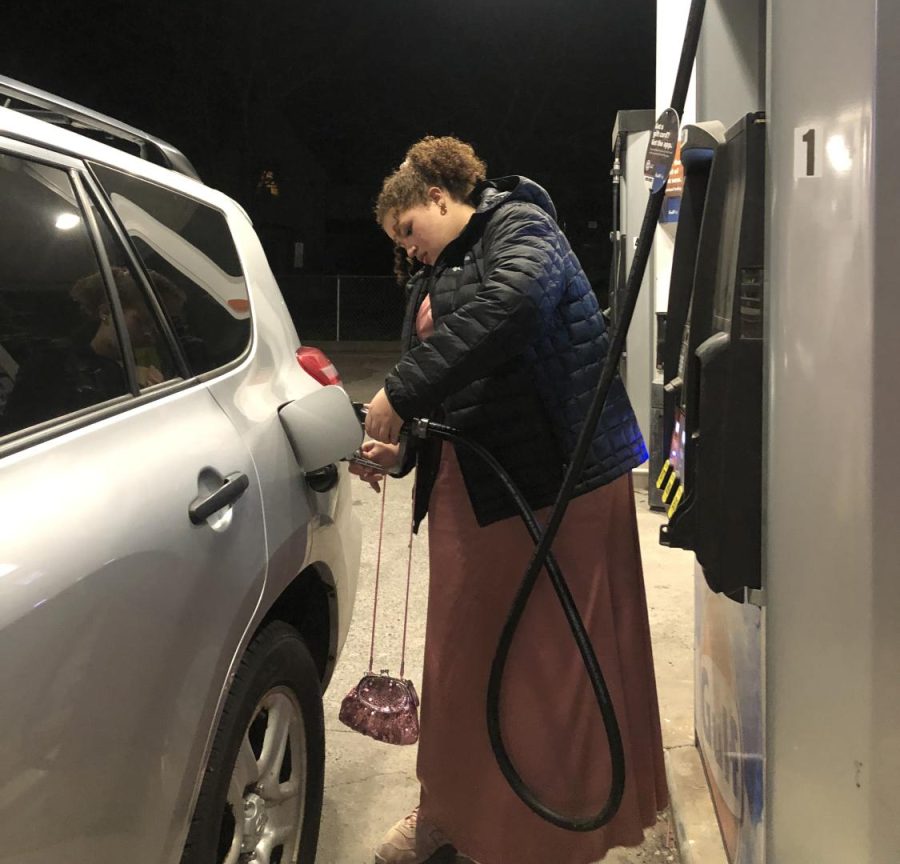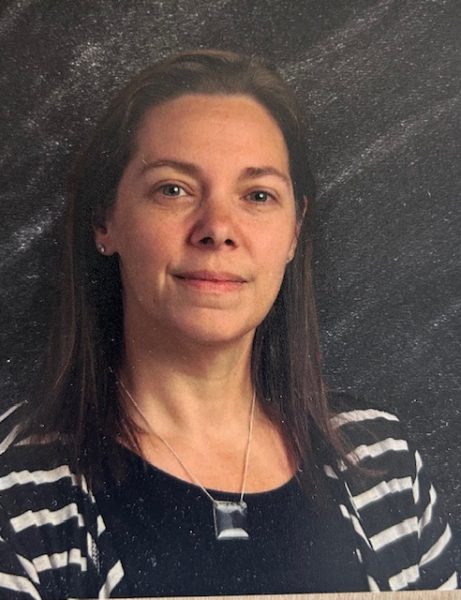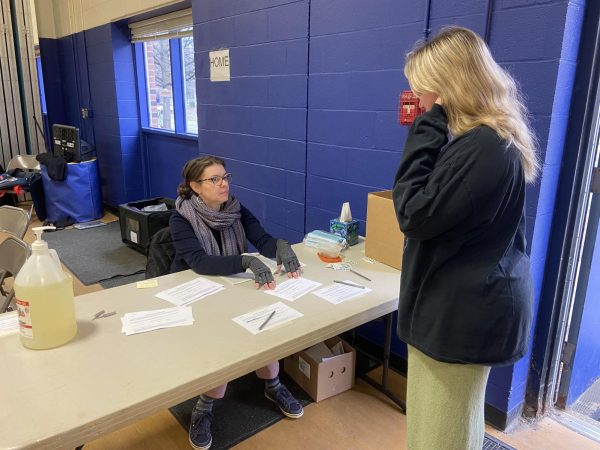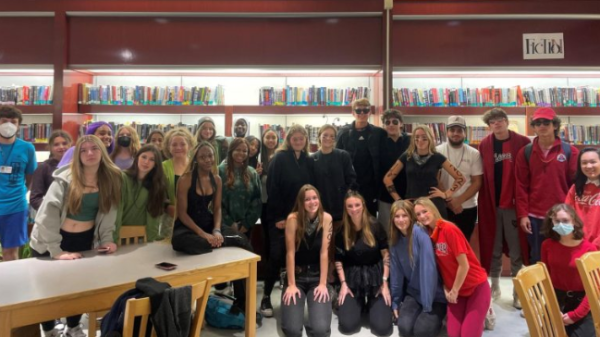Increased gas prices worry BHS drivers
May 17, 2022
Gas prices in Vermont and nationwide have risen in recent months with the statewide average in April being $4.25 per gallon, $1.44 higher than in 2021. Prices in Burlington specifically have increased between January and early May by 13.03 cents.
Many drivers, including Burlington High School students, are concerned about the increase.
“I am still a student, and so I don’t have a lot of money,” Hadley Waterman ‘23 said. “I can’t fill up my car as much, so I can’t go to a lot of places.”
When Covid 19 initially hit, global oil demand decreased as millions of individuals who normally drove to work were forced to stay at home. Crude gas prices plummeted as a reaction. Since then, the world has slowly recovered from the pandemic, and oil demand has exploded, particularly in the United States.
The recent rise in gas prices is also attributed to tensions between Russia and the US. After Russia’s invasion of Ukraine in February, the United States restricted the sale of Russian goods and services in the United States. Because Russia is one of the top three oil producers in the world, the oil supply in the U.S. is affected.
Ashely Buermann, a paraeducator at BHS, shared how rising gas prices have reduced her budget for other necessities, such as rent and food.
“I still am finding myself having to choose at the end of a pay period to skimp on certain groceries, so that I have enough to at least fill my tank part of the way,” Buermann said.
I just can’t afford [gas] anymore or afford to go as often as I used to
— Ethan Verner-Smith '22
Jinny Diop ‘23 described spending a large sum of money on gas as “disturbing.”
“If it’s taking all of your paychecks, then it’s almost not worth it to even make money, if you’re just gonna spend it all on gas,” Diop said.
Diop said she now feels weary of driving.
“It’s kind of restrictive I guess because you have to be very careful about spending your gas,” Diop said.
For students like Ethan Verner-Smith ‘22, driving is a form of therapy. However, the rising gas prices have reduced his willingness to drive and travel long distances.
“I have a group of friends that also like to drive, so we go on cruises,” Verner-Smith said. “…I started to notice that that has declined a bit. You know, maybe we go once every other week now, instead of every week. I just can’t afford [gas] anymore or afford to go as often as I used to.”
BHS Librarian Ellen Wollensack recommended alternatives for driving.
“Both my husband and I walk and ride our bikes to work every day,” Wollensack said. “So we’ve already taken steps, like a couple of years ago, to not drive to work.”
Daniel Gavin, a BHS German teacher, owns two cars since he and his wife both need to commute to work.
“It means that we are filling up the gas tank often enough that, as they call it, ‘pinch at the pump,’” Gavin said.
Gavin considered the future of gas prices.
“Seeing [gas] almost double in price and basically with no real true end in sight right now, it’s impacting,” Gavin said.















